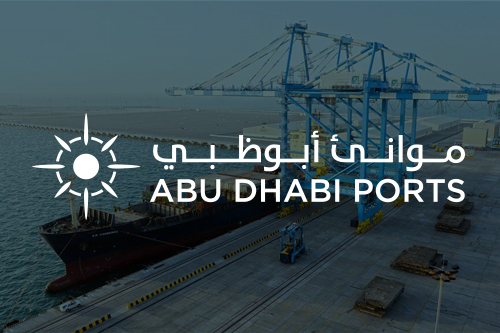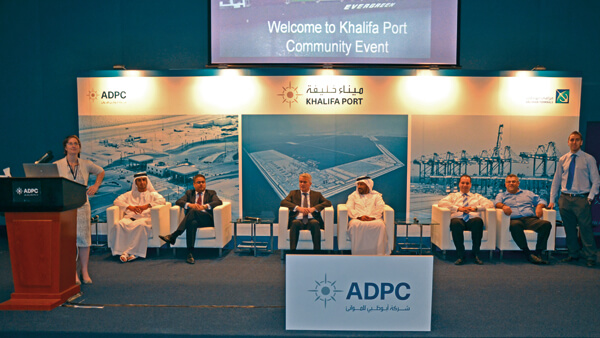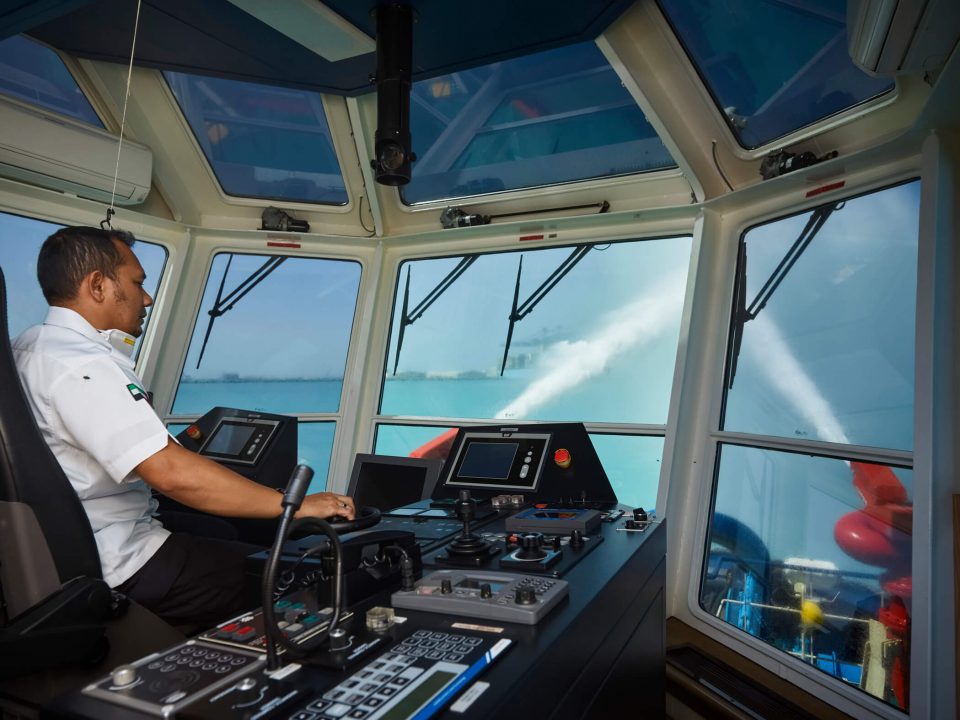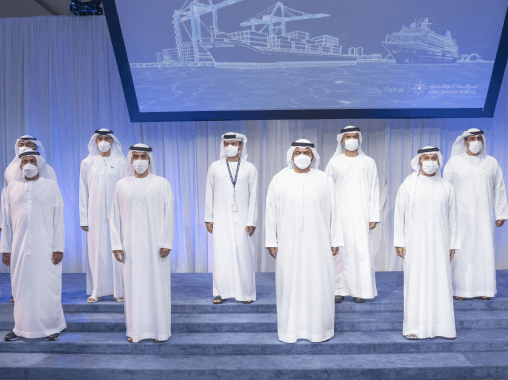New software to enhance Abu Dhabi’s cargo operations
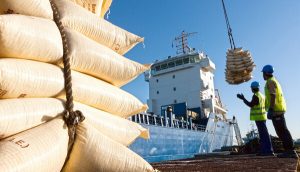 ABU DHABI PORTS INSTALLS CUTTING EDGE TERMINAL OPERATING SYSTEM
ABU DHABI PORTS INSTALLS CUTTING EDGE TERMINAL OPERATING SYSTEM
Abu Dhabi Ports is implementing a brand new terminal operating system (TOS) which will enhance the general cargo operations at the emirate’s ports, significantly improving processing times and the full range of customer service offerings.
The state-of-the-art port management software called “Master Terminal” will replace Abu Dhabi Ports’ existing systems and support the management of all aspects of the general cargo operations, including bulk, break bulk, project and Roll-On/Roll-Off (RORO) cargo.
It will provide real-time information about cargo flows at any time of the day and improve the utilisation of Port facilities, while increasing the visibility and productivity with regards to operations, planning and reporting procedures.
“We are committed to continual investment in order to stay competitive in the 21st century and to confirm our position at the forefront of progress. ’Master Terminal’ will boost our service offerings and support us in handling our growing general cargo volumes and delivering trade excellence”, says Gary Lemke, Executive Vice President, Ports Unit, Abu Dhabi Ports.
“We selected Jade Software as our partner to install ‘Master Terminal’ because it is the best product to meet our requirements. Jade Software also brings a wealth of experience in general cargo operations and this knowledge is crucial to us as we transform our business to be the leading general cargo operator and port of choice in the region”, Gary Lemke continues.
David Lindsay, Managing Director, Jade Software, adds: “We are excited to have formed this new relationship with Abu Dhabi Ports and look forward to working closely with them to not only achieve their operational goals, but also to support their growth aspirations for the future.”
“Master Terminal” will be installed during the second quarter of this year. The first two ports to be implemented will be Khalifa Port and Zayed Port, as both ports play key roles in the UAE’s import and export business, with an annual capacity of 20 million tonnes of cargo”.

















